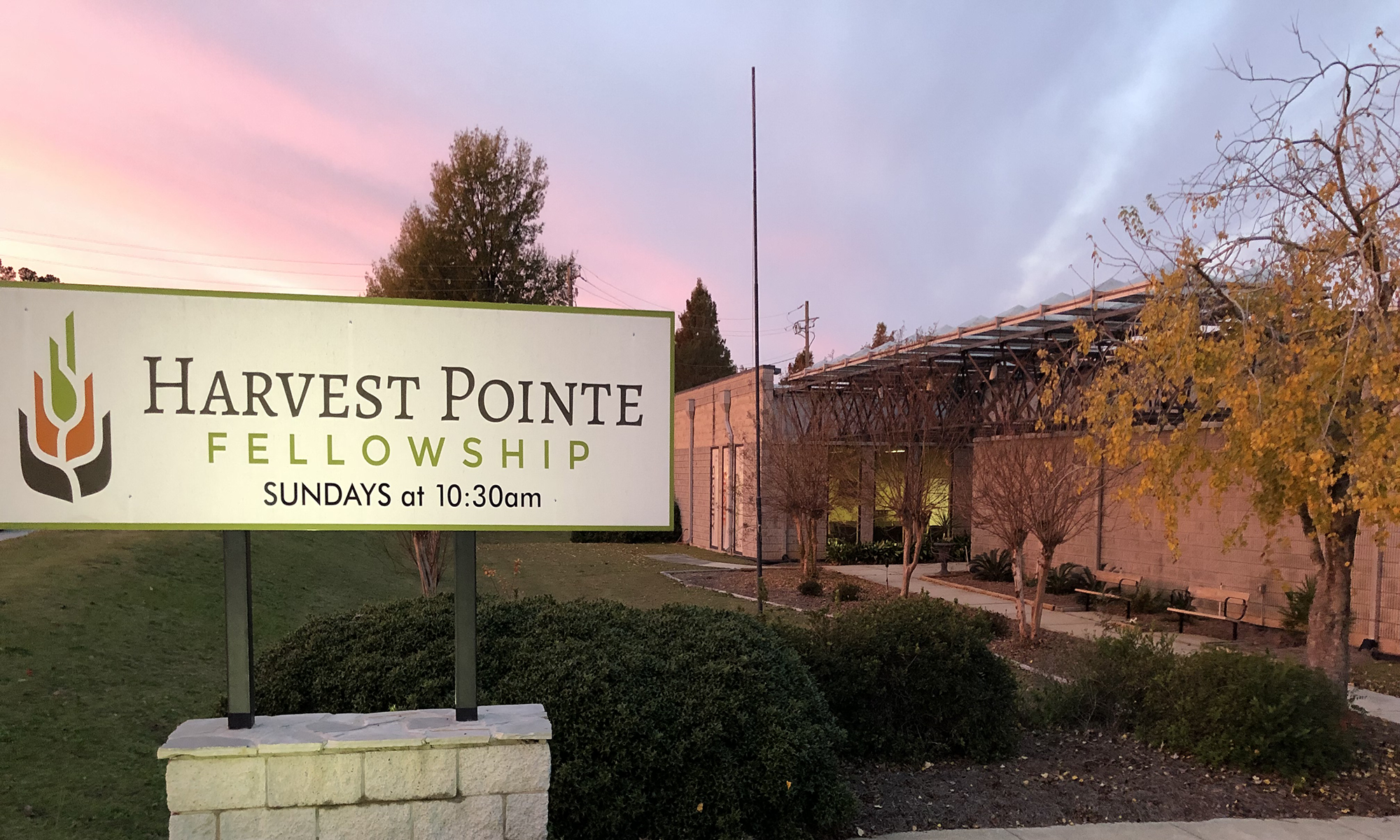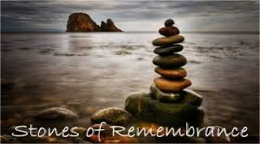Loving The Way Jesus Loves?
35 Jesus went through all the towns and villages, teaching in their synagogues, proclaiming the good news of the kingdom and healing every disease and sickness. 36 When he saw the crowds, he had compassion on them, because they were harassed and helpless, like sheep without a shepherd. 37 Then he said to his disciples, “The harvest is plentiful but the workers are few. 38 Ask the Lord of the harvest, therefore, to send out workers into his harvest field.” (Mat 9:35-38)
40 “The King will reply, ‘Truly I tell you, whatever you did for one of the least of these brothers and sisters of mine, you did for me.’ (Mat 25:40)
On Sunday, Craig brought such a great message to Harvest Pointe Fellowship in Chris’s absence. God truly used Craig to challenge and inspire us from Romans chapter 12. As Craig asked us to consider how the coming of Christ has affected my everyday, I couldn’t help but to also ask myself another question. Am I loving the way Jesus loves? Would those who know me say that love characterizes me at all times?
When Jesus began his ministry, he read his mission statement from Isaiah 61. Jesus didn’t come to rule like an earthy king. His kingdom is one where those without hope find hope, those imprisoned are released, and those who grieve find comfort and healing. He came to minister to those at the bottom – sinners and tax collectors, prostitutes, blind beggars, the lame, the demon-possessed, widows, and children. His heart and his focus where on the lost, the least, and the last. As we engage with those on the bottom of the social and economic scale and minister to people’s needs as Jesus did, we have to literally rub shoulders with people who are often very different from us. We suddenly find that we must “get dirty” by getting up-close and personal with people whose lives are not like our own. If we are to really exemplify the love of Jesus, we must ask ourselves a very serious question: Are we loving the way Jesus loves?
Let’s face it; Jesus loves the poor, captives, oppressed, gentiles, tax collectors, and prostitutes. Before we ask ourselves, “Do we love them too?” there is more fundamental question we must ask ourselves. Do we belong with them? Are we reaching “down” to them or is Christ in His mercy reaching down to us all.
Jesus literally made people angry by loving the “least of these” because His love said something about humanity in general. The political and religious leaders of Jesus’ day heard what He said very clearly and they were insulted and disgusted. Far from being moved to compassion, they were offended because they did not believe themselves to be “like” whom Jesus loved and, therefore, they did not “like” whom Jesus loved.
We must see that we are not only one in the Gospel, but we are also one in our need for the Gospel. We all stand in the same line of seeking grace. If this offends us, then we will never be able to love the way Jesus loves in two senses of the word “love.”
First, we will not think of ourselves as similar to or as bad as the “least of these” that Jesus so dearly loves. We will begin to think that we only needed a redemption-lite.
Second, we will resent those who Jesus loves because they are “embarrassing” or they somehow “discredit” the caliber of the organization of which we are a part.
If we are going to love as Jesus loves, we must rid our mind of similar moral classifications of humanity. There are no first-class and second-class people at the foot of the cross of Christ. Socio-economic status, education, talent, charisma, morality, humor, technical skill, and loyalty do not “set us a apart” (the core meaning of holiness) in the way we are prone to think they do.
These worldly attributes may have social, financial, relational, or emotional benefits and they can contribute to the ease and enjoyment of life. However, they do not make us different kinds of people and they do not change the substance of our nature. We all need the same Jesus regardless of where we fit on any of these spectrums. A Russian novelist captured it this way:
“If only it were all so simple! If only there were evil people somewhere insidiously committing evil deeds, and it were necessary only to separate them from the rest of us and destroy them. But the line dividing good and evil cuts through the heart of every human being. And who is willing to destroy a piece of his own heart?“ Aleksandr Solzhenitsyn in The Gulag Archipelago.
Can we truly say?
“I see my own reflection in every person Jesus loves.”
Until you can, you will not understand and you will not grasp the rage that Jesus elicited in His earthly ministry. When we are gripped by this understanding we will no longer be embarrassed to reach out to someone “beneath” us and no longer be intimidated to reach out to someone “above” us. In fact, those terms and classifications will cease to have meaning for us.
Take a moment to consider how many of our emotions and dispositions stem from the same mindset that infuriated Jesus’ opponents: insecurity, offense, condescension, avoidance, intimidation, prejudice, and every form of anger. How many times does it slip into your daily thought or conversation?
Use these reflections to more closely connect with the Gospel of Christ. See yourself in those Jesus loves and those who oppose Jesus, so that you can see your world and yourself through the lens of the life of Christ.
Deeper In God’s Word
Tom Renew
Resources:
JD Greear of The Summit Church in NC sermon series.
Philip Graham Ryken, Love the way Jesus loves







